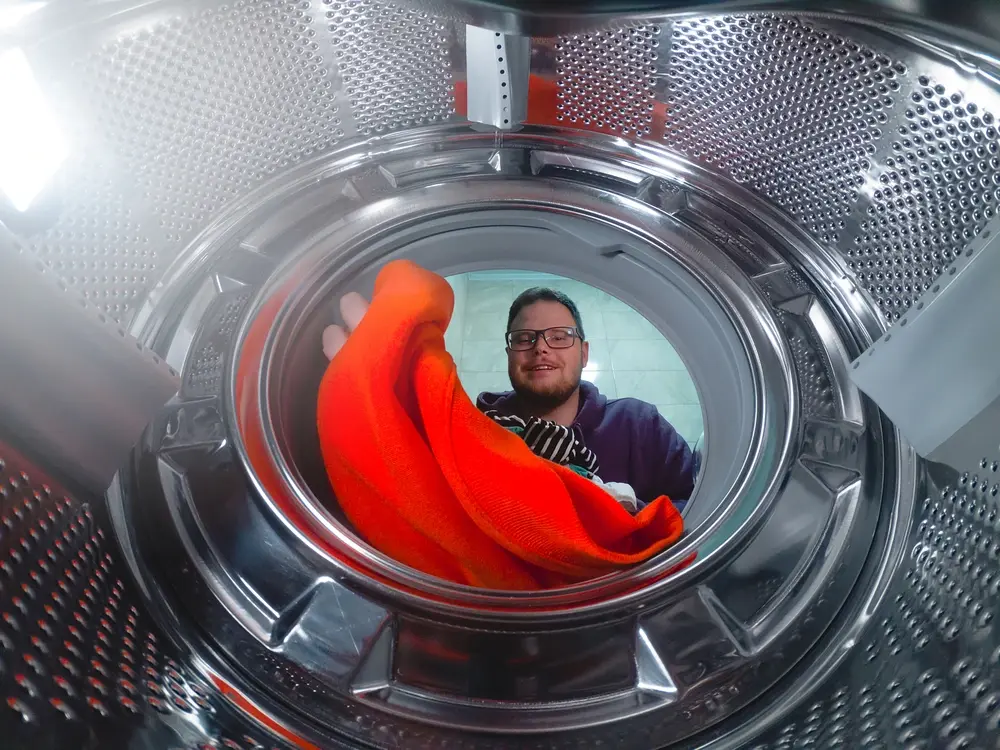Laundry
Tips for Preventing Dryer Fires in Your Home

Preventing Dryer Fires: Essential Safety Tips
The laundry room can become a fire hazard if you overlook proper dryer maintenance. Preventing dryer fires requires cleaning lint filters, inspecting vents, and monitoring dryer operation.
Common Causes of Dryer Fires
Clogged Lint Filter
Lint buildup in the filter can cause excessive heat. Clean the filter after every load to reduce fire risks.
Blocked Dryer Ducts
Lint in dryer ducts restricts airflow and leads to overheating. Clean the duct at least twice a year.
Flammable Materials
Avoid drying items like rubber-backed mats or fabrics with traces of gasoline or cleaning agents.
Incorrect Dryer Duct Type
Plastic or foil ducts can trap lint and pose fire risks. Replace them with metal ducts for added safety.
Mechanical or Electrical Failures
Worn wiring, faulty parts, or overheating components can cause fires. Regularly inspect your dryer for issues.
Tips to Reduce Fire Risks
Clean the Lint Filter
Clean the lint filter after each load to improve airflow and reduce overheating risks.
Maintain Dryer Ducts
Clear lint from ducts at least twice a year or hire a professional if needed.
Monitor Dryer Performance
Stop using the dryer if clothes remain damp, the dryer feels too hot, or you notice a burning smell.
Install a Smoke Detector
Place a smoke detector near your laundry room to provide early fire warnings.
Inspect the Exterior Vent
Ensure the exterior vent flap opens properly and stays clear of debris.
Avoid Unattended Drying
Never run the dryer while away from home or sleeping.
Upgrade to a Metal Duct
Metal ducts improve airflow and reduce lint buildup compared to plastic or foil types.
By following these tips, you can protect your home and family from dryer fire risks. For more safety tips and home improvement advice, explore more news on this website.
